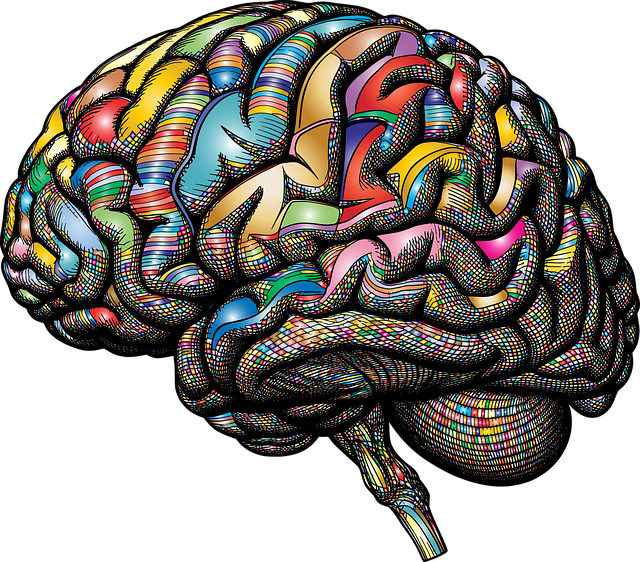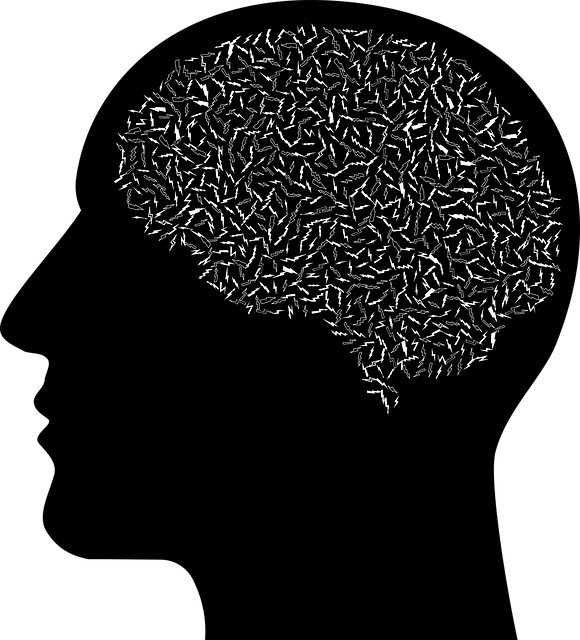Greenwood Village French Speaking Therapy offers specialized mental wellness programs, addressing cultural and linguistic barriers. Evaluating these programs is crucial through a mix of surveys, interviews, and standardized tools like the ACE questionnaire. This evaluation guides personalized care, resilience building, and evidence-based practices, ensuring effective support for French-speaking communities while reducing stigma. Integrating qualitative and quantitative methods provides a comprehensive view of mental wellness journeys within diverse populations.
Mental wellness programs play a crucial role in enhancing overall well-being, especially within diverse communities like Greenwood Village. This article delves into the evaluation methods used to measure the effectiveness of such programs, focusing on unique aspects like the Greenwood Village French Speaking Therapy. We explore standardized assessment tools and the balance between qualitative and quantitative approaches, providing a comprehensive overview essential for professionals aiming to optimize mental health initiatives.
- Understanding Mental Wellness Programs: A Comprehensive Overview
- The Role of Evaluation in Mental Health Therapy
- Greenwood Village French Speaking Therapy: Unique Considerations
- Standardized Assessment Tools for Program Evaluation
- Qualitative and Quantitative Methods: A Balanced Approach to Success
Understanding Mental Wellness Programs: A Comprehensive Overview

Mental wellness programs are designed to support individuals in achieving optimal psychological well-being and enhancing their overall quality of life. These initiatives can take various forms, such as therapy sessions, coaching programs, or educational workshops, all aimed at addressing specific mental health concerns. For instance, Greenwood Village French Speaking Therapy offers specialized services tailored to the unique needs of francophones seeking mental wellness support.
The evaluation of these programs is crucial for ensuring their effectiveness and making informed improvements. Researchers and practitioners employ diverse methods to assess the impact, including surveys, interviews, and statistical analyses. The goal is not only to measure short-term outcomes but also to understand long-term benefits and identify areas for enhancement. Moreover, integrating communication strategies and leveraging Mental Wellness Coaching Programs Development can foster meaningful engagement and positive transformations. Additionally, the production of Mental Wellness Podcast Series can disseminate valuable insights and support a broader audience’s mental wellness journey.
The Role of Evaluation in Mental Health Therapy

Evaluation plays a pivotal role in mental health therapy, acting as a compass guiding treatment strategies and ensuring client progress. It involves systematic methods to assess the effectiveness of interventions, providing invaluable insights for both therapists and clients. By measuring improvements in symptoms, coping mechanisms, and overall functioning, evaluative practices enable therapists to tailor treatments to individual needs. This personalized approach is particularly beneficial in diverse therapeutic settings, such as those offered by Greenwood Village French Speaking Therapy, where cultural sensitivity and tailored care are essential.
Within the realm of mental wellness programs, evaluation methods foster accountability and continuous improvement. They allow for the identification of successful practices and areas requiring enhancement, driving evidence-based therapies. Moreover, these assessments contribute to crucial aspects like conflict resolution techniques, confidence boosting, and mental illness stigma reduction efforts by measuring progress related to these specific goals. Effective evaluation is thus a cornerstone in promoting positive outcomes and fostering resilient individuals.
Greenwood Village French Speaking Therapy: Unique Considerations

The Greenwood Village French Speaking Therapy program offers a unique approach to mental wellness support, catering specifically to the needs of French-speaking individuals within the community. This specialized service recognizes the cultural nuances and linguistic barriers that can impact access to therapy, ensuring that emotional healing processes are accessible and culturally sensitive. By providing therapy in French, the program facilitates open communication and builds trust, encouraging clients to express themselves freely and explore their mental health concerns.
Incorporating compassion cultivation practices and resilience building techniques tailored to the French-speaking population, this initiative aims to empower individuals to navigate challenges and foster positive mental well-being. The program’s unique focus ensures that participants receive culturally responsive support, allowing them to engage in effective therapy and develop strategies to enhance their emotional resilience.
Standardized Assessment Tools for Program Evaluation

Standardized Assessment Tools play a crucial role in evaluating mental wellness programs, particularly for French-speaking communities like Greenwood Village. These tools offer a structured and consistent approach to measuring individual and program outcomes. Psychologists and therapists can utilize validated questionnaires and interviews designed to assess various aspects of mental health, such as anxiety, depression, trauma, and overall psychological well-being.
One such tool gaining traction in trauma support services is the Adverse Childhood Experiences (ACE) questionnaire, which explores early life stressors. This has been incorporated into public awareness campaigns development to encourage open conversations about mental wellness. Additionally, confidence-boosting interventions can be tailored based on the data collected from these standardized assessments, ensuring that programs like Greenwood Village French Speaking Therapy offer targeted and effective support for the unique needs of their community.
Qualitative and Quantitative Methods: A Balanced Approach to Success

Evaluating mental wellness programs requires a comprehensive approach that blends qualitative and quantitative methods. Qualitative methods, such as interviews, focus groups, and case studies, offer deep insights into participants’ experiences, perceptions, and emotional well-being promotion techniques. These methods are particularly valuable for understanding complex human behaviors, attitudes, and the impact of interventions on individuals’ lived experiences, especially within diverse communities like Greenwood Village French Speaking Therapy.
Quantitative techniques, including surveys, statistical analyses, and data tracking, provide measurable outcomes and trends. They help assess program effectiveness, identify risk factors, and inform mental health professionals’ risk management planning. By integrating both qualitative and quantitative approaches, mental wellness program evaluators can gain a holistic view of participants’ mental wellness journey. This balanced strategy ensures that the program’s success is not only numerically defined but also culturally sensitive and contextually relevant, catering to diverse needs within communities like Greenwood Village French Speaking Therapy.
Evaluating mental wellness programs is crucial for measuring their effectiveness, particularly in diverse communities like Greenwood Village. As demonstrated with the Greenwood Village French Speaking Therapy example, understanding cultural nuances and tailored assessment methods significantly enhance program success. By combining standardized tools with qualitative and quantitative approaches, mental health professionals can gain comprehensive insights into program performance, ensuring tailored interventions that resonate with all populations. This balanced evaluation strategy is key to fostering positive mental wellness outcomes on a larger scale.














